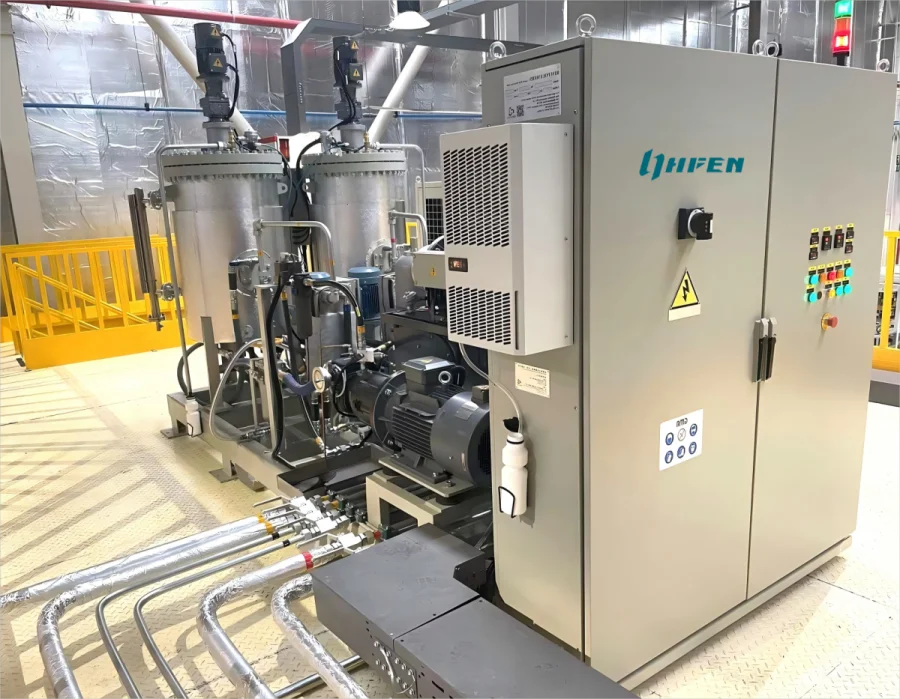The Crucial Role of Gallons in Air Compressors: Unveiling the Power Behind Efficiency and Performance
In the world of air compressors, gallons play a pivotal role in determining the efficiency and performance of these essential machines. While many may overlook the significance of gallons, understanding their importance can greatly impact the selection and utilization of air compressors. In this blog post, we will delve into the reasons why gallons matter in an air compressor, exploring the various aspects that make them a crucial consideration for both professionals and enthusiasts alike.
- Gallons: The Reservoir of Power:
At the heart of an air compressor lies its storage tank, which is measured in gallons. This reservoir acts as a crucial component, storing compressed air for immediate or future use. The size of the tank directly affects the compressor's ability to handle varying demands, ensuring a steady supply of compressed air. A larger gallon capacity allows for longer run times, reducing the frequency of motor cycling and promoting energy efficiency. - Enhanced Performance and Consistency:
The gallon capacity of an air compressor directly impacts its performance and consistency. A larger tank size enables the compressor to handle high-demand tasks effortlessly, providing a continuous flow of compressed air without interruptions. This is particularly beneficial in applications such as pneumatic tools, spray painting, and industrial processes that require sustained air pressure. By maintaining a consistent pressure, air compressors with ample gallon capacity ensure optimal performance and prevent potential damage to equipment. - Reduced Cycle Frequency and Energy Efficiency:
Air compressors with larger gallon capacities experience reduced cycle frequency, meaning the motor runs less frequently to refill the tank. This not only minimizes wear and tear on the compressor but also enhances energy efficiency. By reducing the number of start-stop cycles, compressors with larger gallon capacities consume less electricity, resulting in cost savings and a reduced carbon footprint. This makes them an ideal choice for both industrial and residential applications. - Versatility and Adaptability:
The gallon capacity of an air compressor also determines its versatility and adaptability to various tasks. Compressors with smaller gallon capacities are suitable for light-duty applications, such as inflating tires or powering small tools. On the other hand, compressors with larger gallon capacities can handle heavy-duty tasks, including powering multiple tools simultaneously or operating machinery in industrial settings. The ability to adapt to different requirements makes air compressors with ample gallon capacity a valuable asset in diverse industries. - Considerations for Selecting the Right Gallon Capacity:
When selecting an air compressor, it is essential to consider the intended usage and specific requirements. Factors such as the number of tools being used, the duration of operation, and the desired pressure levels should be taken into account. By understanding the demands of the intended application, one can determine the optimal gallon capacity that ensures efficient and reliable performance.
Conclusion:
Gallons matter significantly in air compressors, influencing their efficiency, performance, and versatility. The gallon capacity of an air compressor determines its ability to meet varying demands, reduce cycle frequency, enhance energy efficiency, and provide a consistent supply of compressed air. By considering the importance of gallons, professionals and enthusiasts can make informed decisions when selecting air compressors, ensuring optimal performance and productivity in their respective industries. So, the next time you encounter an air compressor, remember the power behind the gallons that drive its efficiency and effectiveness.



